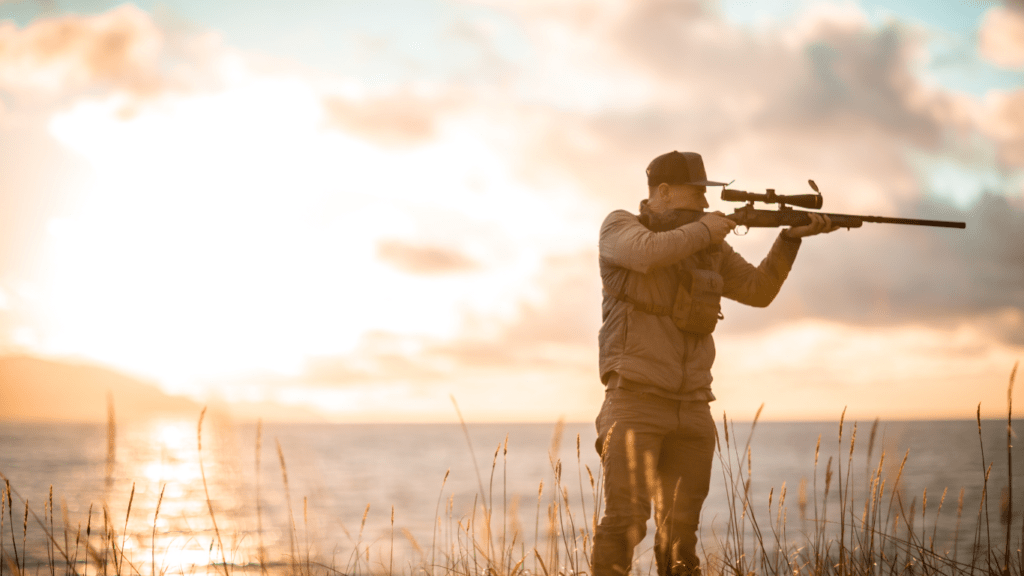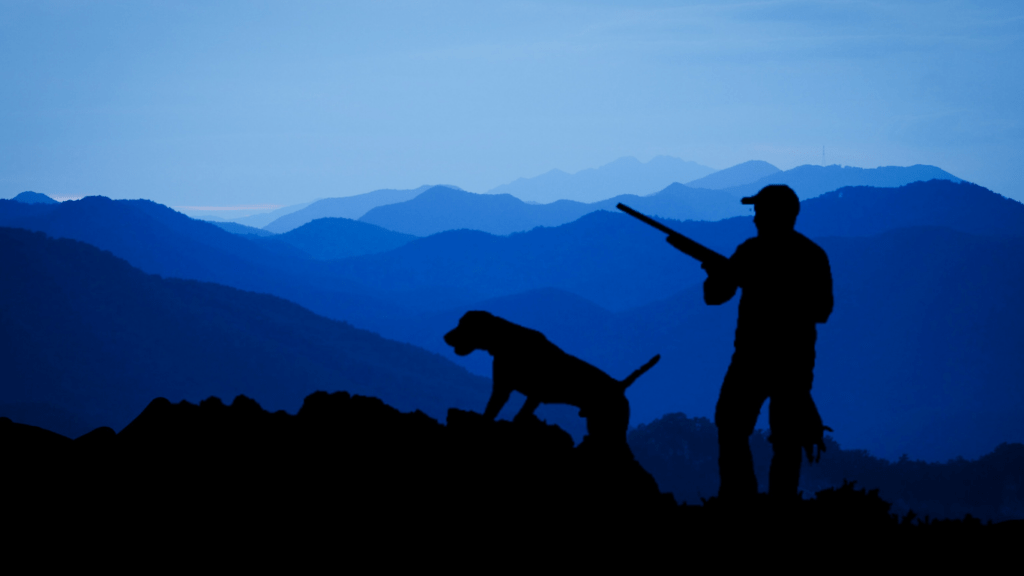Heading out into the wild for a hunting adventure can be exhilarating, but it’s crucial to prioritize safety at all times. As an experienced hunter, I understand the importance of being prepared and staying vigilant in the great outdoors. In this article, I’ll share essential hunting safety tips to help you stay safe and make the most of your hunting trips.
Navigating through rugged terrain and encountering wild animals can pose risks, but with the right knowledge and precautions, you can minimize potential dangers. From firearm safety practices to essential gear to pack, I’ll cover key aspects that every hunter should be mindful of before heading into the wilderness. Remember, staying safe is not just a recommendation – it’s a responsibility we owe to ourselves, fellow hunters, and the environment.
Importance of Hunting Safety
Prioritizing safety in hunting is not just a good practice; it’s an essential aspect of every hunting expedition. As an experienced hunter, I understand the significance of adhering to hunting safety guidelines to ensure a successful and incident-free trip. Safety should always be the top priority for every hunter, not only for personal well-being but also for the safety of fellow hunters and the environment. Remember, a safe hunt is a successful hunt.
Preparing for the Hunt
When preparing for a hunt, ensuring the safety of oneself and others is paramount. As an experienced hunter, I know that proper preparation significantly reduces the risks involved in hunting expeditions.
Checking Equipment
Before setting out on a hunt, it’s crucial to check all your equipment thoroughly. Inspect your firearms to ensure they are in good working condition, with no defects or malfunctions. Verify that you have an adequate supply of ammunition for the trip. Additionally, check your hunting gear, such as clothing, boots, and accessories, to ensure everything is in proper order. Properly functioning equipment is essential for a safe and successful hunt.
Familiarizing with the Hunting Area
One of the key aspects of preparing for a hunt is familiarizing yourself with the hunting area. Study maps of the area to understand the terrain, potential hazards, and restricted zones. Identify escape routes and emergency locations in case of unforeseen circumstances. Knowing the hunting area well enhances your safety and improves your hunting efficiency.
Safety Measures During the Hunt
Proper Handling of Firearms
Ensuring the proper handling of firearms is non-negotiable when it comes to hunting safety. It’s essential to always treat firearms as if they are loaded and to never point a gun at anything you do not intend to shoot. Additionally, I recommend keeping your finger off the trigger until you are ready to fire. Following these fundamental rules significantly reduces the risk of accidental shootings and ensures a safe hunting experience.
Emergency Preparedness
In hunting, emergency preparedness is a critical aspect that every hunter should prioritize. Being ready for unexpected situations can make a significant difference in ensuring a safe and successful hunting trip. Here are essential emergency preparedness tips to keep in mind:
- Always carry a first aid kit: Having a well-equipped first aid kit is vital in case of injuries or emergencies during the hunt. Items like bandages, antiseptic wipes, pain relievers, and emergency contact information should be included.
- Familiarize yourself with emergency procedures: Knowing what to do in different emergency scenarios, such as getting lost, encountering severe weather, or dealing with wildlife encounters, can help you stay calm and take appropriate actions.
- Pack essentials for survival: Items like a flashlight, extra food and water, a multi-tool, a fire starter, and a space blanket should be part of your gear in case you need to spend an unexpected night in the wilderness.
- Share your itinerary: Let someone trustworthy know about your hunting plans, including where you’ll be hunting, when you’ll return, and how to reach you in case of an emergency. This information can be crucial for search and rescue operations if needed.
- Stay informed about the area: Be aware of potential hazards, such as rough terrain, dangerous wildlife, or changing weather conditions in the hunting area. Knowing the risks can help you plan and prepare accordingly.
By incorporating these emergency preparedness tips into your hunting routine, you enhance your safety and readiness to handle unexpected situations effectively. Remember, being prepared is key to a successful and incident-free hunting experience.



 Dominic Reed brings his extensive experience in outdoor survival and adventure sports to Terra Tactician Tactics, where he plays a crucial role in the platform's development. With a background in outdoor education and a deep love for wilderness exploration, Dominic is committed to creating content that inspires and informs readers. He specializes in writing articles on survival skills, advanced camping techniques, and gear recommendations, drawing from his own adventures and hands-on expertise. Dominic's practical approach and engaging storytelling help readers prepare for their outdoor pursuits, ensuring they are well-equipped for whatever nature throws their way.
In addition to his writing, Dominic actively collaborates with the team to expand the platform's reach and impact. He is passionate about connecting with the outdoor community and sharing his knowledge with those eager to learn more about survival tactics and adventure sports. His contributions have been instrumental in positioning Terra Tactician Tactics as a go-to resource for enthusiasts seeking to elevate their outdoor experiences. Dominic's dedication to the project is driven by his belief in the transformative power of nature and his desire to help others develop a deeper connection to the wild.
Dominic Reed brings his extensive experience in outdoor survival and adventure sports to Terra Tactician Tactics, where he plays a crucial role in the platform's development. With a background in outdoor education and a deep love for wilderness exploration, Dominic is committed to creating content that inspires and informs readers. He specializes in writing articles on survival skills, advanced camping techniques, and gear recommendations, drawing from his own adventures and hands-on expertise. Dominic's practical approach and engaging storytelling help readers prepare for their outdoor pursuits, ensuring they are well-equipped for whatever nature throws their way.
In addition to his writing, Dominic actively collaborates with the team to expand the platform's reach and impact. He is passionate about connecting with the outdoor community and sharing his knowledge with those eager to learn more about survival tactics and adventure sports. His contributions have been instrumental in positioning Terra Tactician Tactics as a go-to resource for enthusiasts seeking to elevate their outdoor experiences. Dominic's dedication to the project is driven by his belief in the transformative power of nature and his desire to help others develop a deeper connection to the wild.